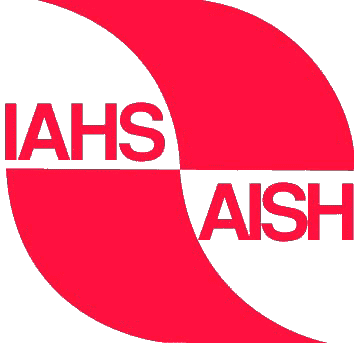 |
IAHS 90th ANNIVERSARY |
 |
PUB SYMPOSIUM 2012
back
Theme 3: Uncertainty analysis and model diagnostics - Tuesday, October 23, 2012
Convener: Hoshin Gupta ([email protected])
Co-Conveners: Thorsten Wagener, Saket Pande, Jim Freer ([email protected]; [email protected]; [email protected])
During the past decade (since the challenge was posed at the 1999 IAHS meeting in
Birmingham), considerable progress has been made in characterizing uncertainties in
hydrological model simulations. New methods now try to disentangle the different uncertainty
sources (data, parameters, and model structure) in gauged and ungauged basins. And while these
methods span a range of approaches, there may be scope to further exploit rich mathematical
theories on uncertainty assessment. Concurrently, progress has been made on methods for
transferring, extrapolating and regionalising models across basins - a necessary requirement for
Predictions in Ungauged Basins, where model calibration is not feasible. While our ability to
make such predictions has improved, few approaches produce estimates of predictive uncertainty
at ungauged locations. Also, methods for discriminating between alternative model hypotheses
remain weak (it has become common to talk about multiple 'equally good' models and parameter
sets), and continue to rely heavily on the comparison to observed streamflow for model
evaluation. Therefore, attention has turned to the problem of how to characterize, detect, and
diagnose model structural inadequacies, and to use this knowledge to develop better models.
In this session, we will report on, and discuss, the past decade of scientific achievements
in uncertainty analysis and diagnostic model evaluation in the context of PUB, the insights
gained, and the major challenges still facing us. We invite contributions from all scientists that
have worked in this area and anticipate a vigorous and productive discussion.